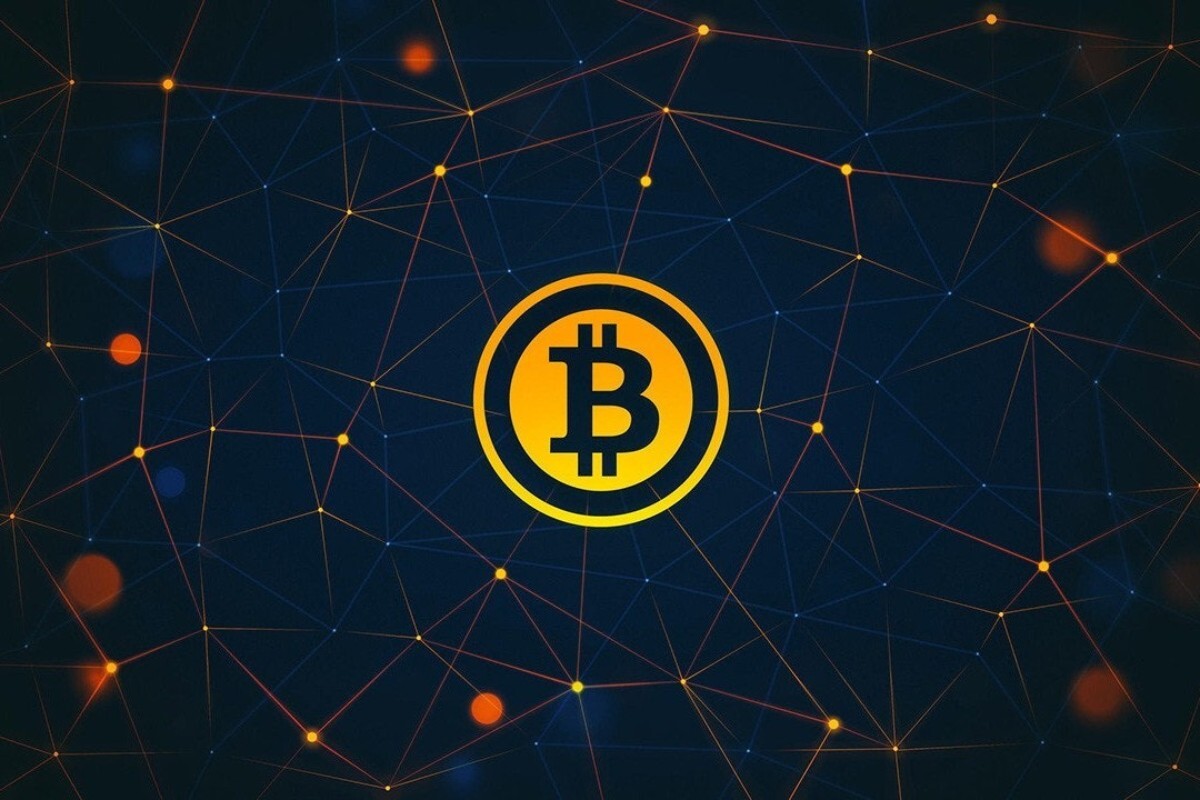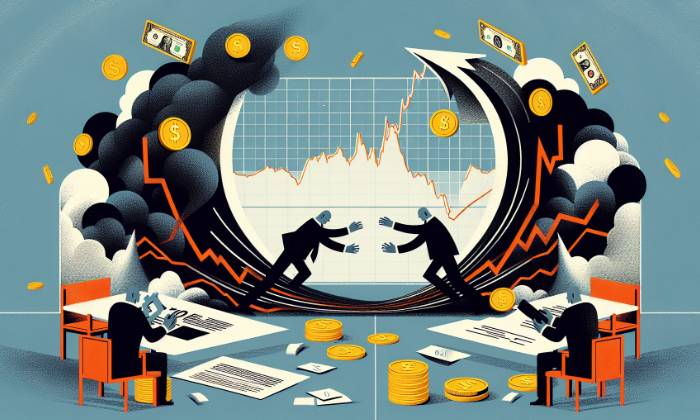Decentralized Data Markets: Unlocking the Potential of the Data Economy
Introduction
With the rapid development of big data and artificial intelligence, the value of data has become more prominent. However, the flow of data still faces many challenges, including privacy concerns, data monopolies, and opaque transactions. The emergence of decentralized data markets, powered by blockchain technology, provides a secure, transparent, and trustless solution for data sharing and trading. By 2025, these platforms will have created a fair trading environment for both data providers and users, fostering the growth of the data economy.
How Decentralized Data Markets Work

Decentralized data markets leverage blockchain technology to make data exchange and transactions more efficient and secure. On these platforms, data providers can freely upload data, and data users can purchase data according to their needs. The entire process is decentralized, no longer relying on traditional third-party platforms. This means that data ownership is entirely in the hands of the providers, and the transparency and security of the data transaction process are guaranteed.
Data Privacy Protection

In decentralized data markets, data privacy protection is crucial. Blockchain technology ensures the security of data through encryption and distributed ledger technology. Data providers can choose to share anonymized data or have full control over who can access and use their data. This transparent and secure mechanism greatly reduces the risks of data leakage and misuse.
Data Sources for AI Model Training

The success of AI and machine learning relies on large amounts of high-quality training data. Decentralized data markets provide rich data sources for AI models, ensuring better data quality and diversity. Data providers earn revenue from selling data, while AI developers can obtain the required high-quality data at a lower cost. The decentralized nature of these data markets promotes the rapid development of the AI industry and drives continuous technological innovation.
Fair Trading Environment
Traditional data trading platforms are often controlled by centralized entities, which impose strict controls on data flow, limiting market fairness. Decentralized data markets eliminate intermediaries by using smart contracts for automated transactions, ensuring that each transaction is executed based on predefined rules and eliminating the possibility of human intervention. This creates a fairer trading environment for both data providers and users.
Fostering the Development of the Data Economy
As decentralized data markets evolve, data is gradually becoming a tradable asset with value. Data providers can earn economic returns, while users can enhance business efficiency through data-driven decisions. Data, as a new productive factor, is becoming an essential force in driving the global economy. The rise of decentralized data markets helps unlock the potential of the data economy and accelerates the transformation and innovation of the digital economy.
Conclusion
Decentralized data markets, leveraging the advantages of blockchain technology, provide a safer and more transparent way for data to flow. In the future, these platforms will not only bring more benefits to data providers and users but also foster the long-term development of AI and the digital economy. Through fair trading environments and privacy protection mechanisms, decentralized data markets are paving the way for the future of the global data economy.
















No comments yet